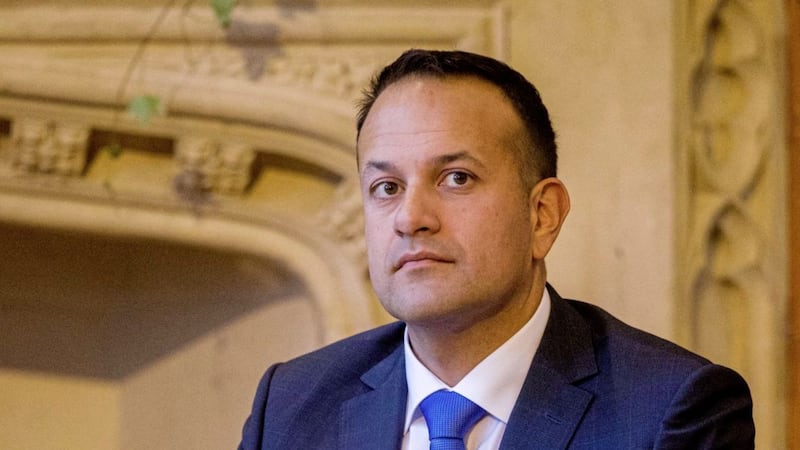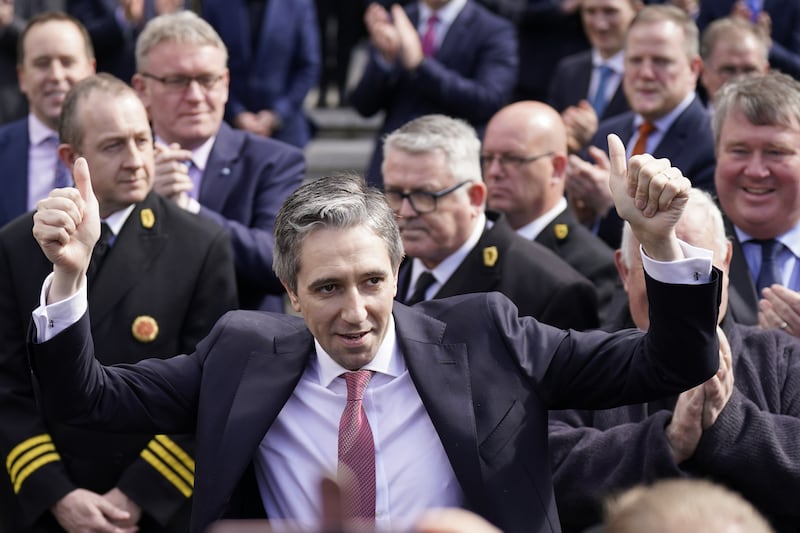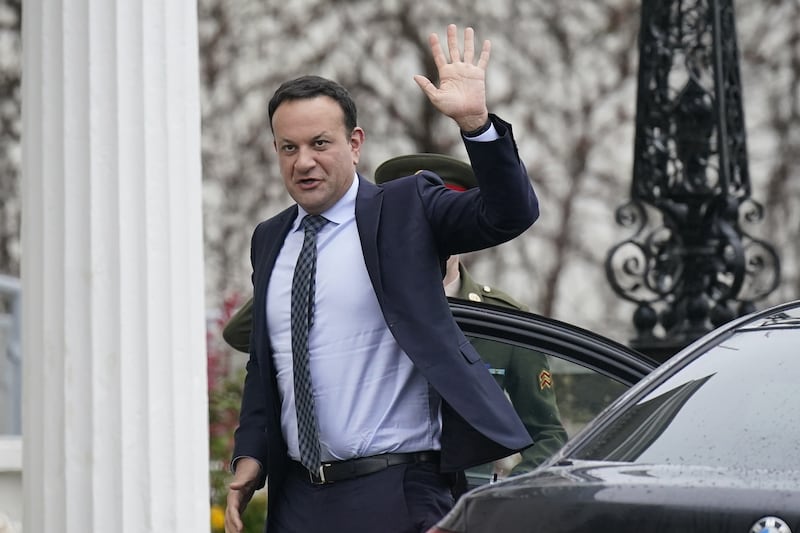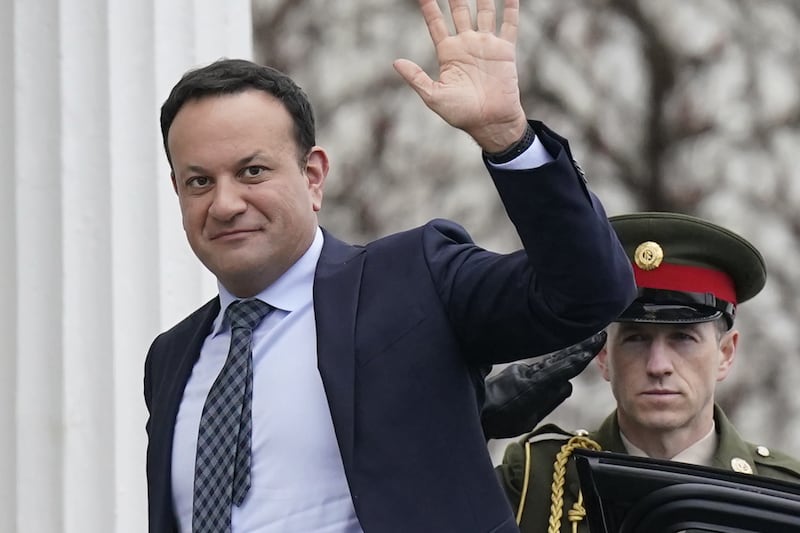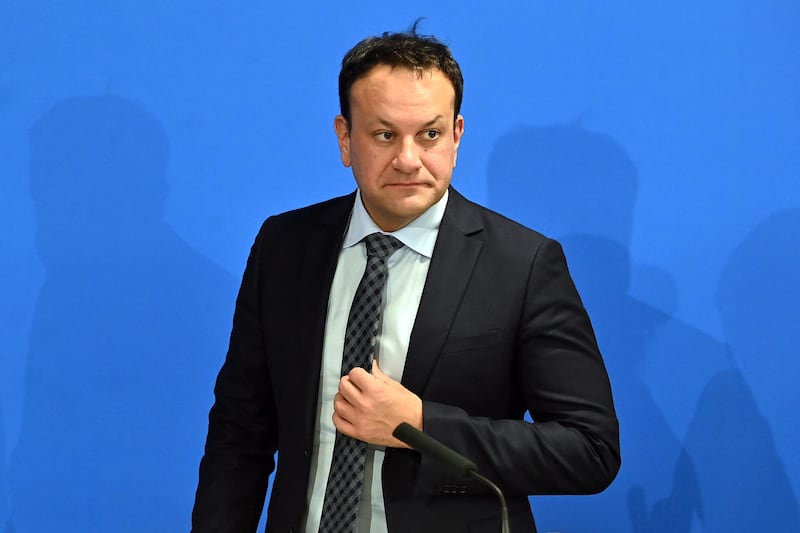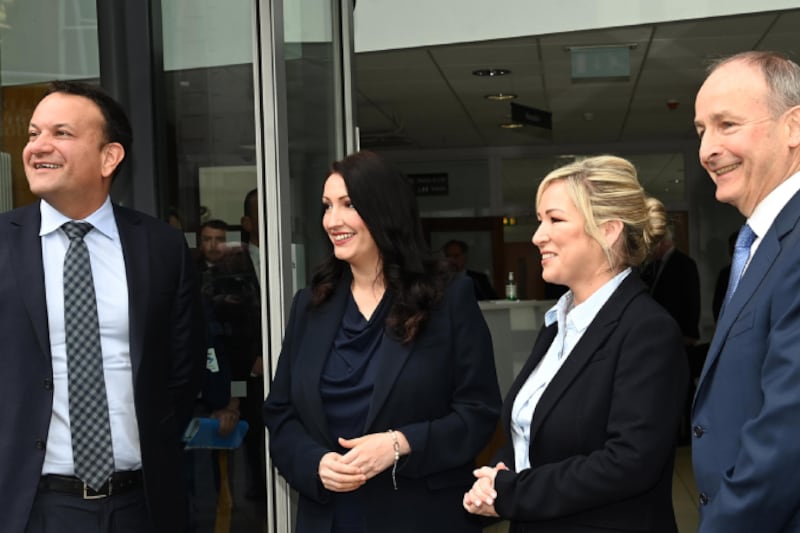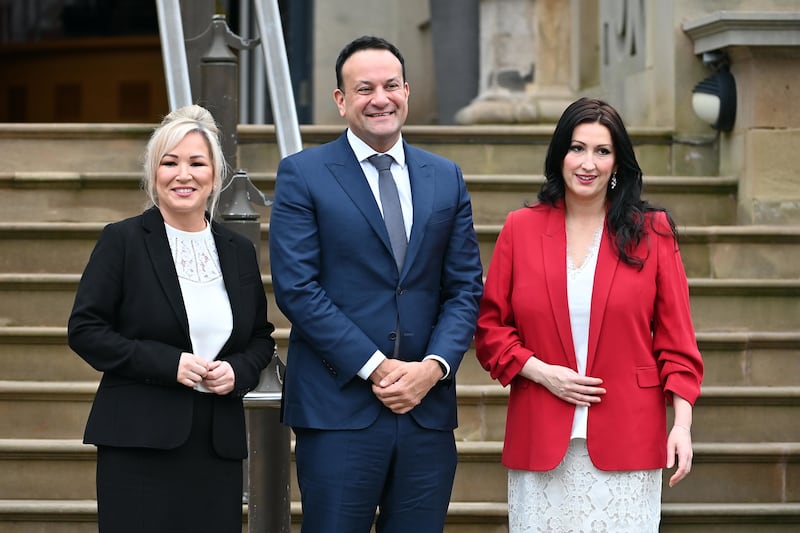The best compliment I ever received as a journalist was when a special adviser to the Fine Gael party introduced me to someone in Leinster House as: “A nice guy, but not really a nice guy”. What he sought to convey was that I was polite and friendly but, if there was a news story to be got, then all bets were off.
That conversation took place in the Dáíl Bar a number of years ago. It’s a hostelry where I garnered a few good stories in my day and still enjoy visiting, although Gerry Adams TD has issues with the hours of opening and politicians who are slow paying their bills.
However I wasn’t in attendance recently when a group of Fianna Fáil TDs reportedly cheered loudly as they watched one of their frontbenchers on the TV news throwing down the gauntlet to the Fine Gael-led government over the latest controversy about ministerial responsibility in the area of policing.
For about a week, we were plunging towards a general election at the height of the festive season. It really looked as if turkeys in the Dáil were going to vote for Christmas. Imagine the reception they would have got from people scrambling to put up decorations, send off greeting cards and clean the chimney ahead of Santa’s arrival. And all this at a time when a stable government was needed to confront the massive challenges posed by Brexit.
Five months into the job, Taoiseach Leo Varadkar faced his first major test. He had worked hard to succeed Enda Kenny, conducting a very professional campaign. As soon as he took office, he was popping-up all over the place, meeting his youthful French and Canadian counterparts and sending out the message that, in the words of John F Kennedy, “the torch has been passed to a new generation”.
But sooner or later as head of government you are confronted with a crisis that you have to deal with in a manner which demonstrates you are a forceful and effective leader. Ironically, although it is generally an admirable quality, on this occasion he was excessively loyal to the Tánaiste Frances Fitzgerald. Like Varadkar, Ms Fitzgerald is a personally likeable individual who has done the state some service. But in her time as minister for justice she took her eye off the ball in relation to the robust – to put it no stronger – attitude of the Garda Síochána leadership to a whistleblower in their ranks, Sergeant Maurice McCabe.
This man has attained the status of a national hero and defender of the public interest. Any politicians who leave themselves open to the charge of failing to stand by him sufficiently, or appearing to look the other way when the widely-admired McCabe is under attack, are putting their careers at serious risk. Although the McCabe affair had little in common with the Watergate episode in US politics, one was constantly reminded in the past fortnight of the question asked about Richard Nixon: “What did the President know and when did he know it?”
In due course, emails came to light that were seen as supporting the contention that Minister Fitzgerald did not have sufficient sympathy for Maurice McCabe in his battle with the police leadership, although she herself insisted she had no authority to intervene at a commission of inquiry into issues raised by the whistleblower. Having initially stood her ground, with the solid support of the taoiseach, she finally quit as tánaiste and from her latest job as enterprise minister. In the process, Leo Varadkar suffered serious collateral damage in political terms.
Sinn Féin had for once been on the side of the angels, putting down a motion of no confidence in the minister at an early stage. Their example was soon followed by Fianna Fáil, who watch every move the “Shinners” make.
A pre-Christmas general election has been avoided but the current government is on a knife-edge and will be lucky to survive until the summer. Fianna Fáil leader Micheál Martin emerged well from the latest imbroglio, partly due to pure luck but also because of his long experience in the political process. At this point, his party seems likely to be the biggest group whenever a new Dáil is elected, but without a clear majority. Then of course we shall have a sandstorm of speculation: Will Fine Gael give conditional support to Fianna Fáil from the opposition benches, in a reverse of the current position? Or will Fianna Fáíl, or indeed Fine Gael themselves, overcome their nose-pinching distaste for Sinn Féin and accept Mary Lou McDonald and the rest of the post-Adams generation as partners in government?
As a would-be nice guy, I’d like to see them all getting jobs: but the story comes first.
@ddebreadun
